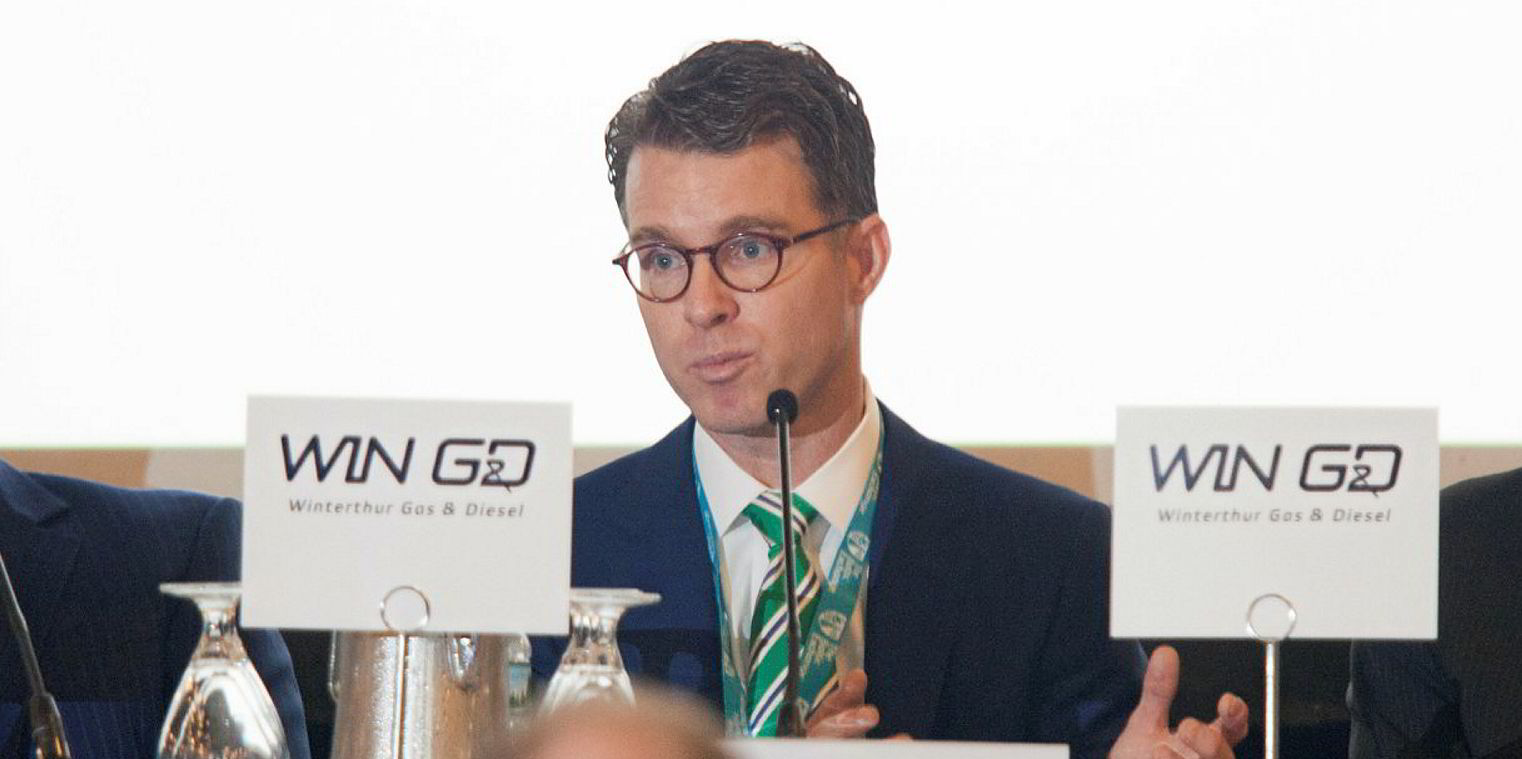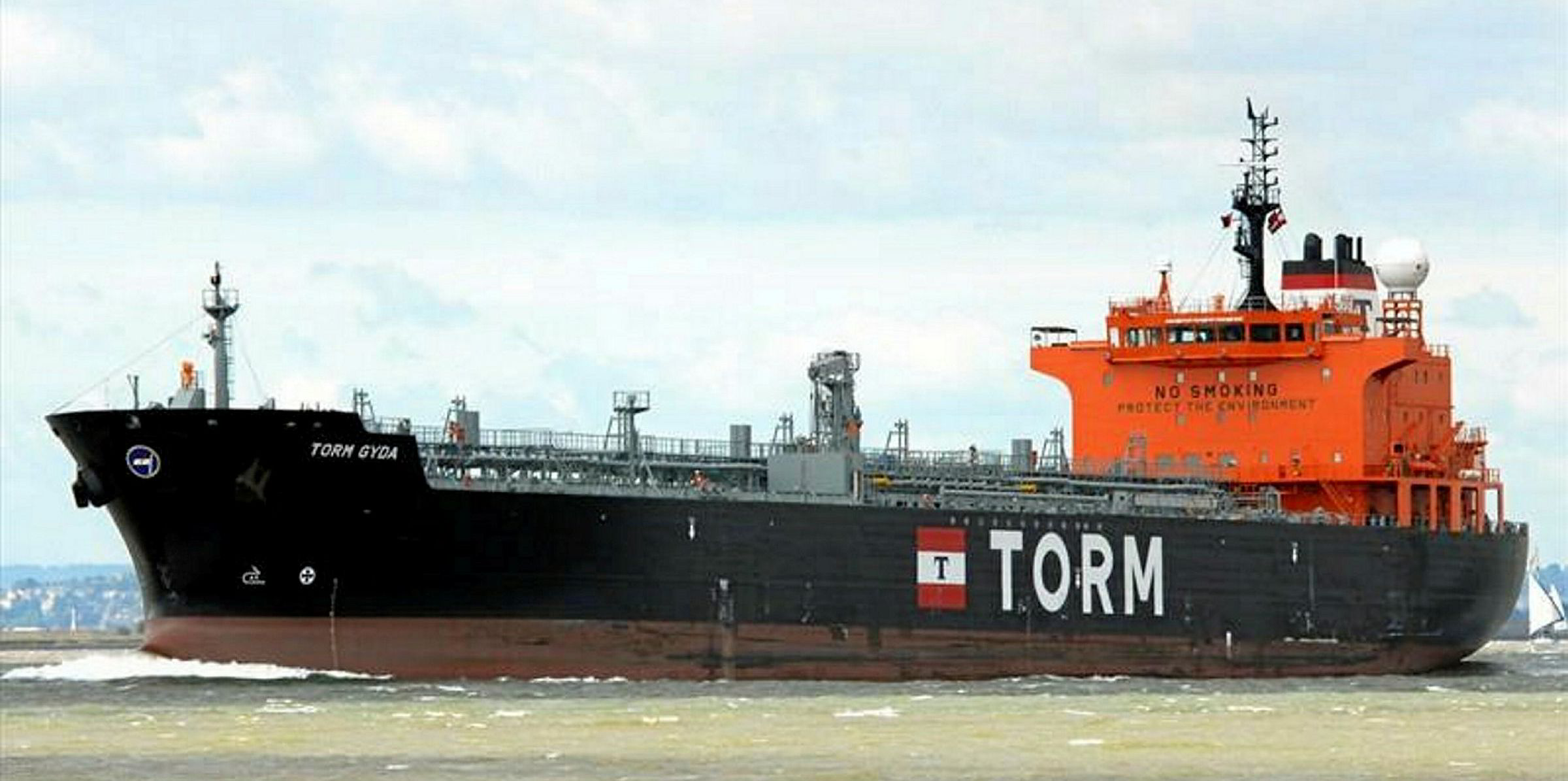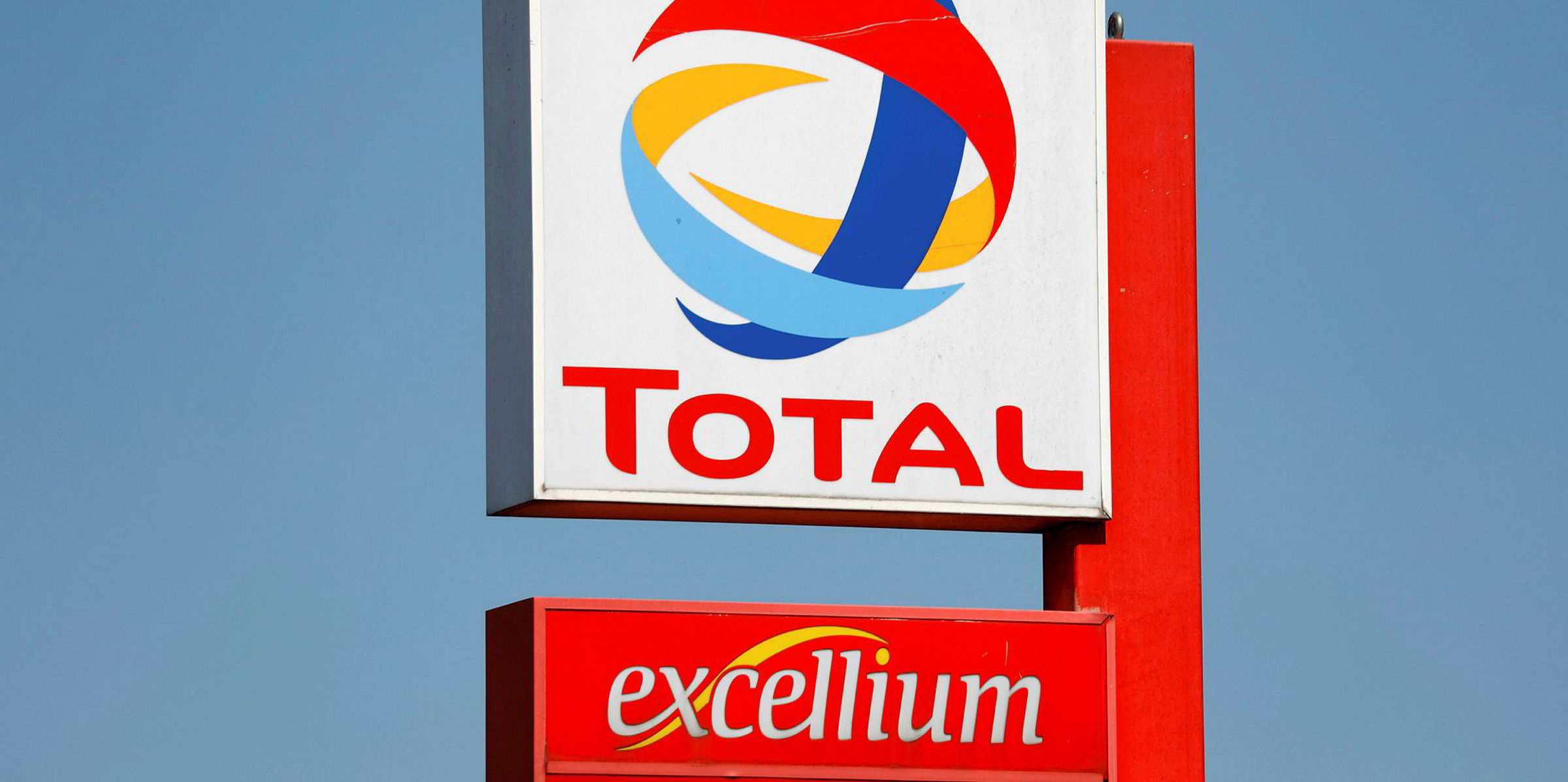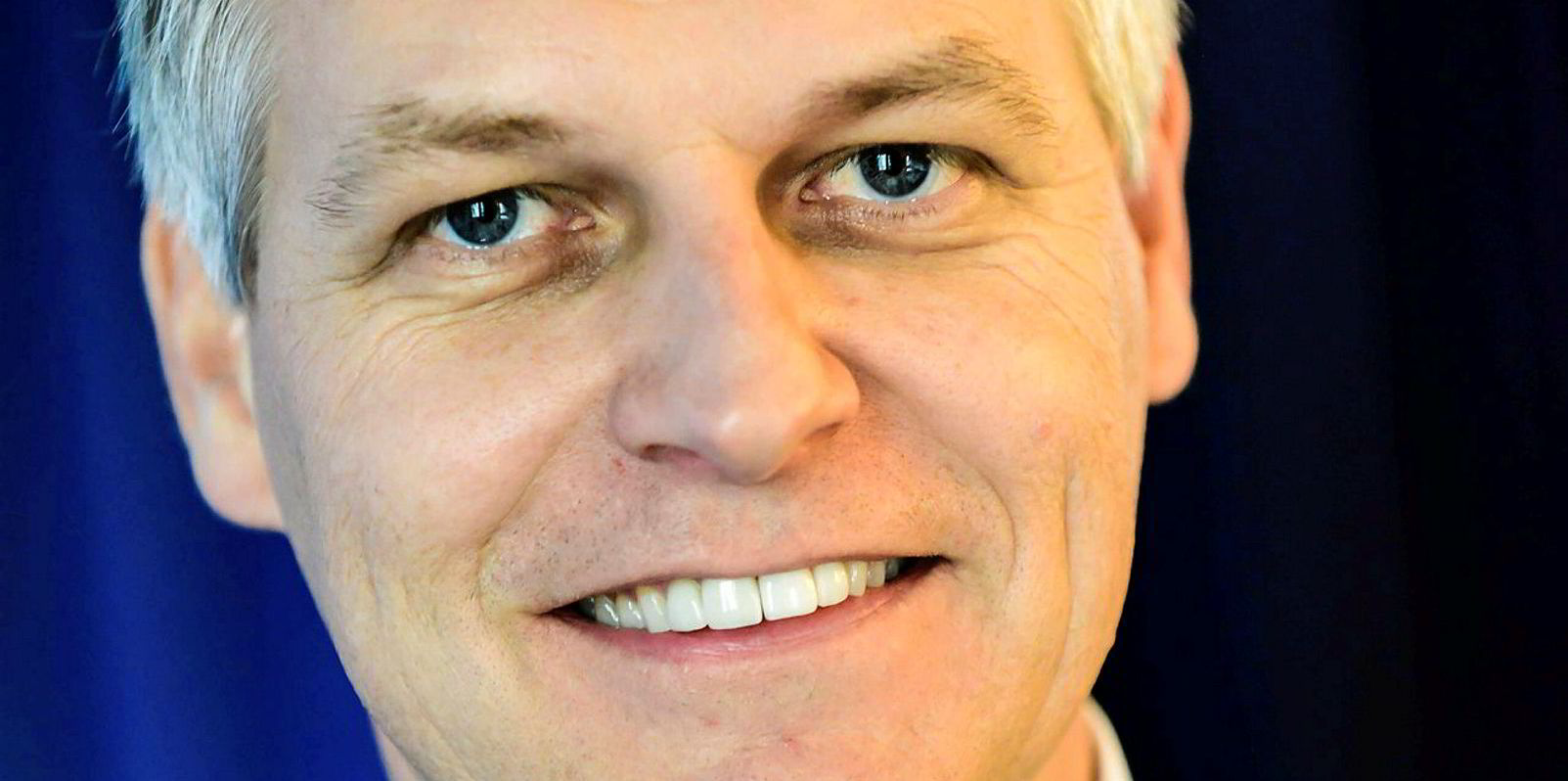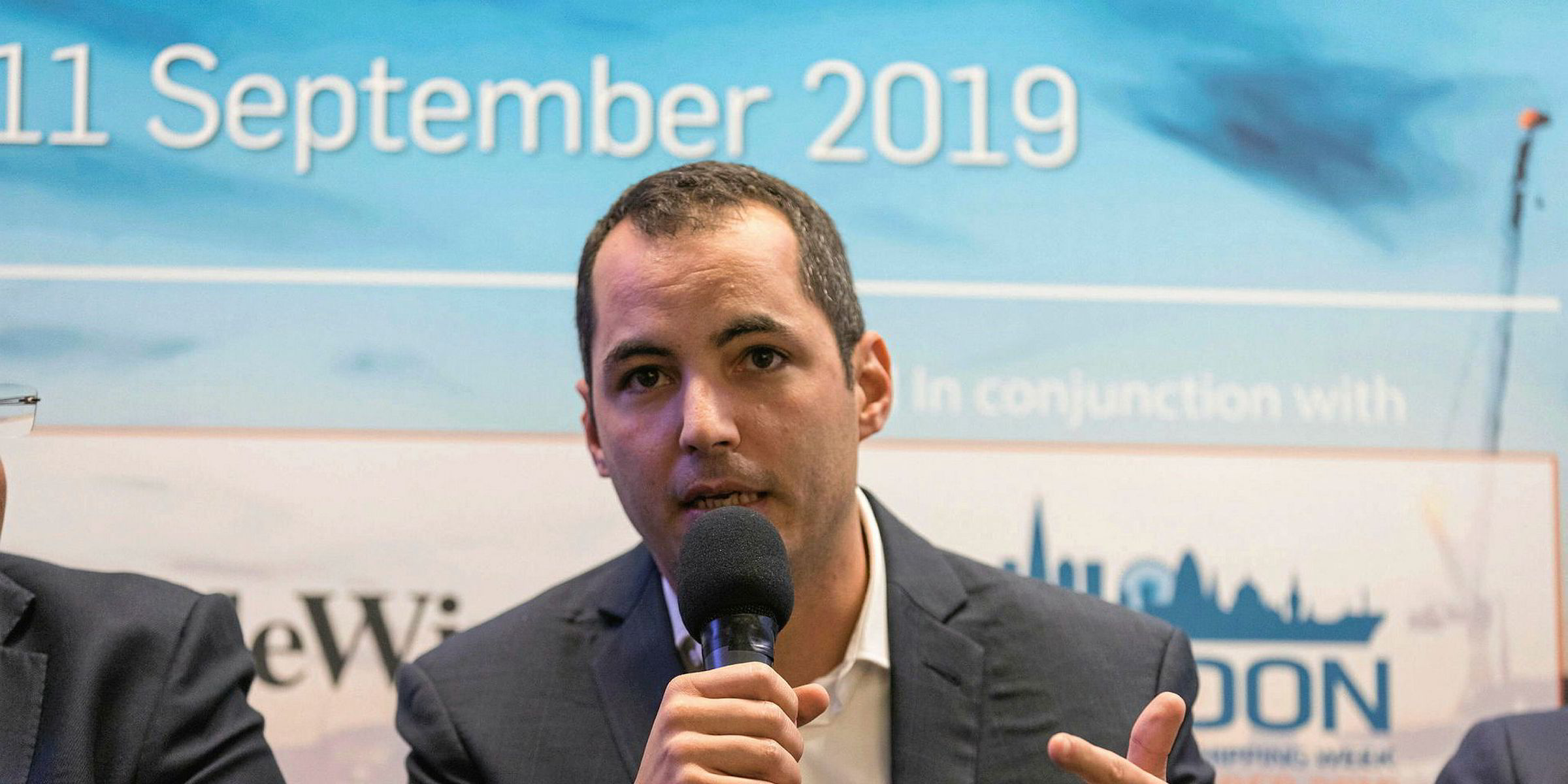Shipping companies cannot handle the crew-change crisis individually, according to the chief executive of product tanker owner Torm.
Jacob Meldgaard told TradeWinds that coordinated, global collaboration is needed to bring home seafarers who have been unable to leave their vessels because of travel restrictions during the coronavirus pandemic.
Meldgaard said his company supports the joint framework on facilitating crew changes that was released earlier this month by the International Chamber of Shipping (ICS), International Transport Workers' Federation (ITF) and IMO.
The IMO is working with government authorities to implement the 12-step plan, which covers each leg of a seafarer's journey home or back to sea.
Meldgaard said Torm has changed crews on board its vessels in areas where travel restrictions allow it, but has been unable in other instances.
"Of course, we look at it case by case and try to do our best, but I don't think we will be able to solve this individually," he said of the situation.
"This is something where the solution presented by the ICS [et al] is the way forward. You have to have an international body that governs this.
"This should not be handled on an individual basis. It's prohibitive to imagine that each individual shipowner should handle this logistically."
Meldgaard said the current situation is "unsustainable".
"I believe that there will be an understanding, hopefully, across nations and governments that you need to solve this issue," Melgaard said, pointing to the fact that around 1.2 million people are employed at sea.
Last week, the ITF and its joint negotiating group, which represents employers, agreed one final 30-day extension to the employment of seafarers under shipping’s largest collective bargaining agreement.
The time extension, which expires on 15 June, aims to give governments time to establish industry protocols and allow crews to be exchanged.
Both the ITF and employers agree that the continued employment of seafarers beyond the agreed terms of the collective bargaining agreement is detrimental to crew health.
'Too much product'
Meanwhile, Meldgaard said around 20% of Torm's product tanker fleet — mostly MR and LR1 tankers — is currently being used as floating storage, of sorts, for refined products.
"Storage on land is filled to the brim, including on the clean side, and therefore our vessels are either redirected, which of course also takes out [fleet] capacity because the regional destination is exchanged for another one that is further away," he said.
"Or the vessels sit and wait in the port for the receiving end to be able to logistically handle it."
These logistical bottlenecks at ports are causing a reduction in product tanker fleet capacity, which is supporting freight rates.
Torm's average vessel earnings for the second quarter are so far above those for the first quarter, but the situation remains volatile and subject to a range of influences, Meldgaard told TradeWinds.
As of 11 May, Torm had 69% forward coverage for the second quarter, with an average time charter equivalent (TCE) rate of $29,188 per day.
This rate is 23% more than what the company achieved during the first quarter.
"This gradual reopening of economies after the lockdown will mean that you will have a gradual return to some kind of more normal demand, which will be positive for refined products in general," Meldgaard said.
"But then, on the other side, when that happens, you will no longer have these inefficiencies around the ports, so that needs to be unwound."
Meldgaard expects there to be a transition period, during which product tanker rates will undergo a correction as the world re-opens following widespread public lockdowns and tanker markets adjust relative to demand.
"In our opinion, you have the inflection point where you have unwound the floating storage [fleet], and then you have a recovery in the underlying fundamental demand for products, which will coincide obviously with the reopening of the economies," Melgaard said.
"I think we will go through a transition period here, where rates will come off, because you need to unwind."
But, he said, when this will happen and how it will play out is anyone's guess.

